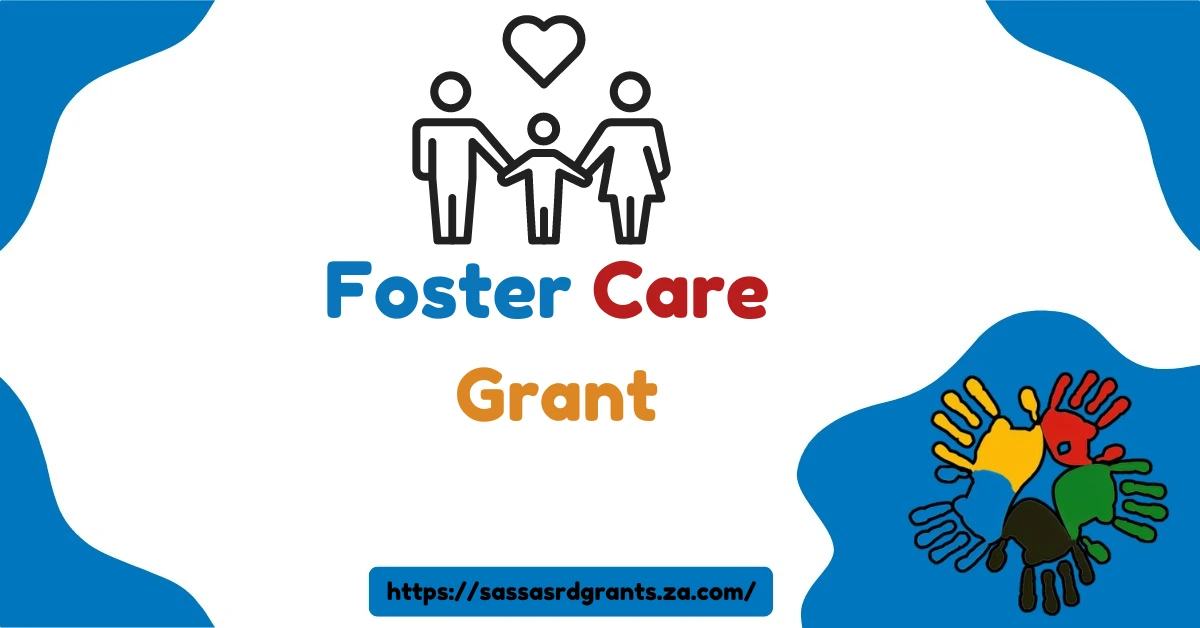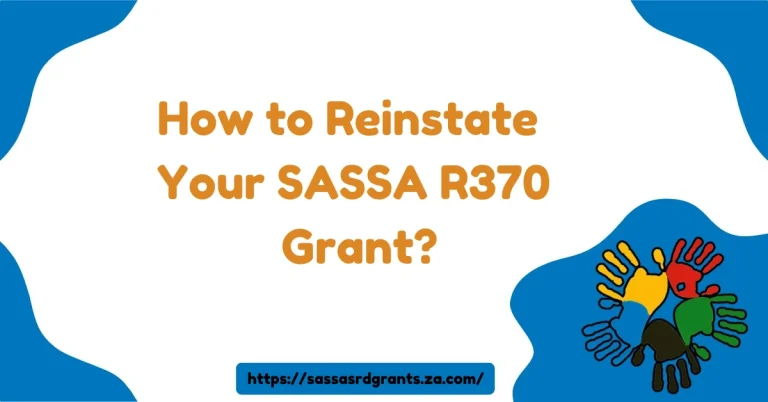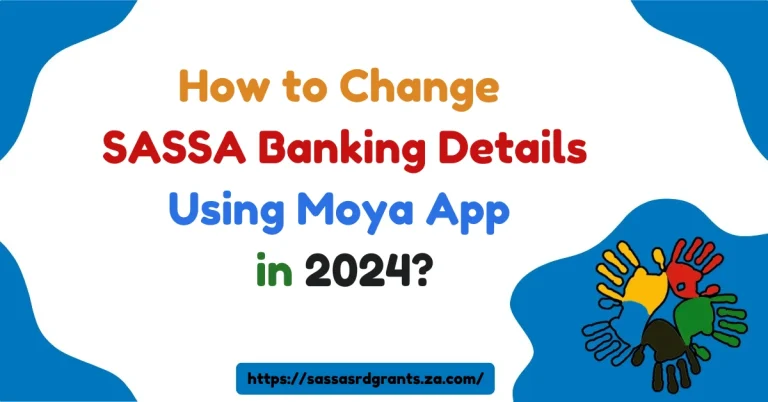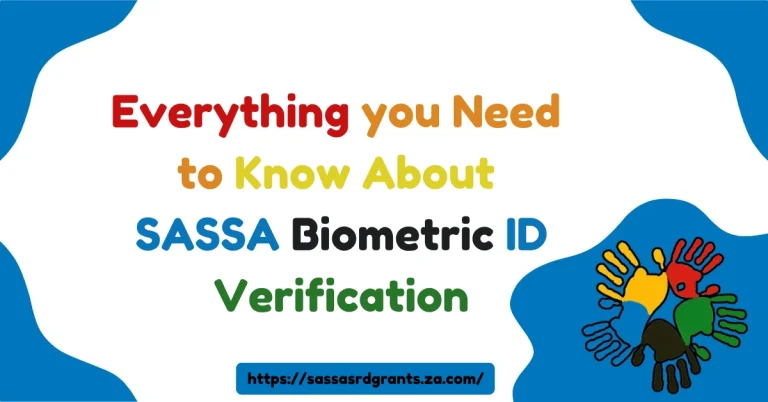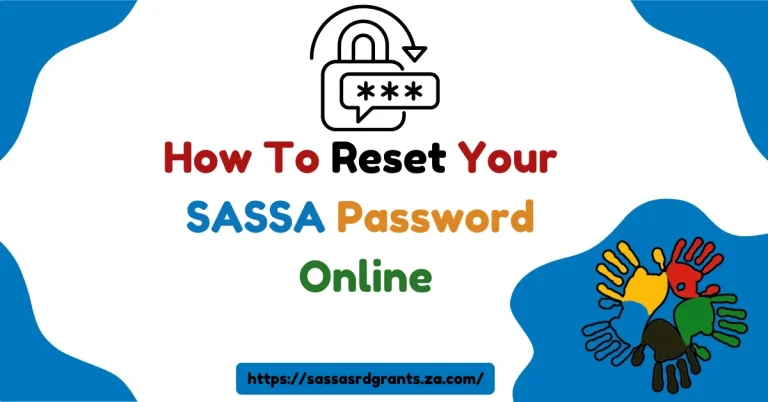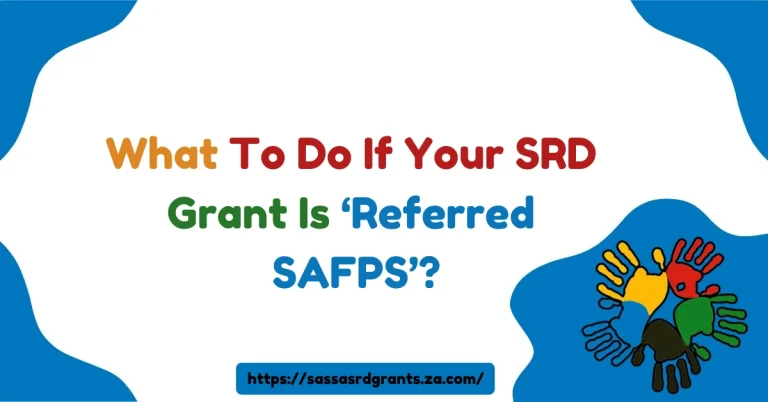Foster Care Grant
Foster Care Grant Application Guide | How Much is it?
If you’re looking for an easy-to-understand guide on the SASSA Foster Care Grant, you’re in the right place.
As someone who’s done thorough research on this topic, I’m here to break down everything you need to know, from who qualifies for the grant to how you can apply.
My goal is to make sure by the end of this article, all your questions about the Foster Care Grant are answered.
So, grab a few minutes, and let’s dive into what this grant is all about, how much it offers, and how you can secure it for the children under your care.
[sassa_status]
Foster Care Grant(Quick Answer)
The Foster Care Grant is a financial aid provided by the South African government through SASSA to foster parents. It helps cover the costs of caring for foster children legally placed in their care. The grant amount is currently R1,130 per child, with eligibility based on a valid court order, South African residency, and the child being under 18. Applications can be made in-person or online.
What is the Foster Care Grant?
The Foster Care Grant is a financial aid program offered by the South African government to foster parents. It’s designed to help foster parents cover the costs of raising children who have been legally placed in their care.
This grant is paid per child, so if you are caring for more than one foster child, you’ll receive the grant for each of them.
Currently, the Foster Care Grant is R1,130 per child, and this amount typically increases every six months to account for inflation.
This financial aid aims to ease the burden on foster parents, ensuring that they can adequately provide for the child’s needs.
Requirements for the SASSA Foster Child Grant
To qualify for the Foster Care Grant, there are a few key criteria you must meet. Here’s a quick overview:
- South African Citizenship or Permanent Residency: You must be a South African citizen, a permanent resident, or a refugee.
- Foster Child Must Be in Your Care: At the time of applying, you must already have a child legally placed in your care by a court. You can’t apply if you are planning to take a child in later.
- You and the Child Must Reside in South Africa: Both you and the foster child must live in South Africa. This requirement ensures that the grant supports children who are physically present and residing in the country.
- Court Order: The foster child must be placed in your custody by a valid court order. This court order should clearly state the reason for the foster care, such as child neglect, abuse, or orphanage.
- Child Under 18: The child must be under 18 years old. Once the child turns 18, they are no longer eligible for the Foster Care Grant unless special circumstances apply.
If you meet all of these conditions, you can move forward with applying for the Foster Care Grant.
How to Apply for the SASSA Foster Child Grant
There are two main ways to apply for the Foster Care Grant:
- In-Person Application: You can visit your nearest SASSA office during working hours to apply. When you arrive, ask for the application form and fill it out in the presence of a SASSA official. Once you submit the form, you’ll receive a dated receipt confirming your application.
- Online Application: You also have the option to apply online, which can save time. Visit the official SASSA website, follow the application prompts, and submit your documents electronically.
Regardless of how you apply, you’ll need a court order confirming that you are the child’s legal foster parent.
This can be obtained through the Department of Social Development. It’s a good idea to make an appointment with a social worker beforehand to ensure the process goes smoothly.
Documents Required for the Foster Care Grant
When applying for the Foster Care Grant, you’ll need to provide several important documents to avoid delays. These include:
- Child’s Birth Certificate: You must provide the birth certificate of the foster child. If this isn’t available, a sworn statement or affidavit will be accepted.
- South African ID: As the foster parent, you’ll need to present your South African ID. If you’re a refugee, bring your status permit and refugee ID. Sworn statements are not accepted in place of these documents.
- Spouse’s ID: If you’re married, you’ll need to provide your spouse’s ID as well. If unavailable, an affidavit can be submitted.
- Court Order: This is perhaps the most crucial document. It confirms that the child has been placed in your care by a court and outlines the reasons for foster care.
- Proof of Marital Status: If you’re married, you’ll need a marriage certificate. If you’re divorced or widowed, you must provide the relevant documents, such as a divorce order or death certificate.
Without these documents, your application could be delayed, so it’s essential to gather everything before submitting your form.
FAQs About the Foster Care Grant
1. How do I know if I am eligible for the Foster Care Grant?
To check if you qualify, read the eligibility requirements listed above. The key points are that you must be a South African resident, and the child must be under your legal care, with both of you residing in South Africa.
2. Can I apply online for the Foster Care Grant?
Yes, SASSA allows for both in-person and online applications. Just ensure you have all your documents ready before applying.
3. How long does it take for the grant to be approved?
The approval process can vary, but typically it takes a few weeks after submitting all required documents and receiving confirmation from SASSA.
Conclusion
Applying for the Foster Care Grant can feel like a daunting process, but with the right information, it doesn’t have to be. As long as you meet the eligibility requirements and have the necessary documents, you should be able to navigate the process smoothly.
The SASSA Foster Care Grant is a valuable resource for foster parents, ensuring they have the financial support they need to care for the children entrusted to them.
Remember, the grant amount is R1,130 per child, and this will help cover the costs of raising your foster child.
Make sure to stay updated on any changes to the grant amount, as it typically increases every six months due to inflation. If you’re eligible, don’t hesitate to apply and get the assistance you deserve.
This guide should give you a clearer understanding of the Foster Care Grant and its application process. If you have any other questions, feel free to contact your nearest SASSA office or check their official website for more information.
